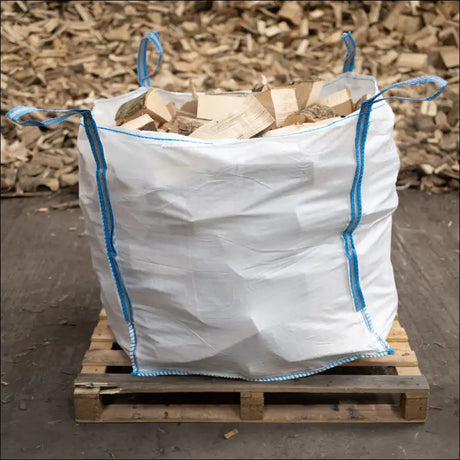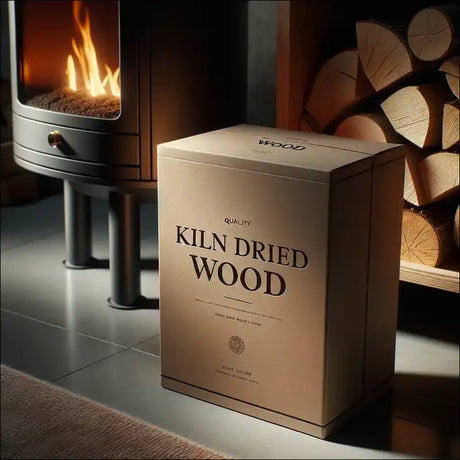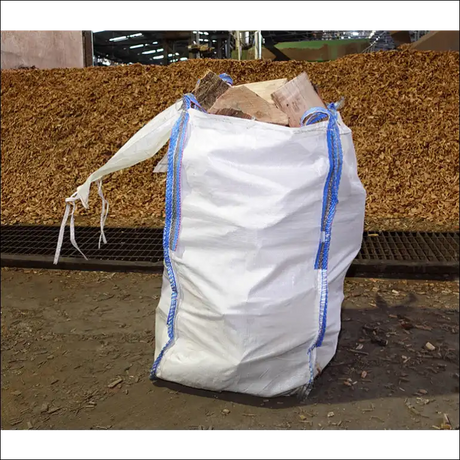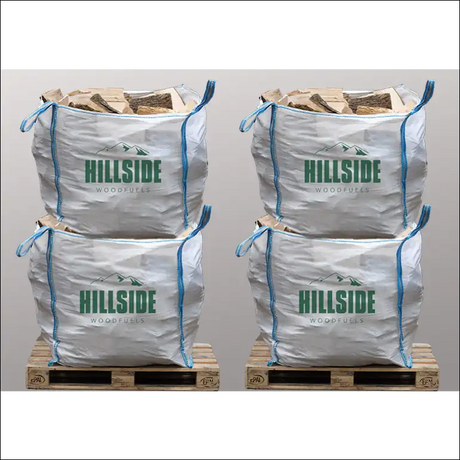In the world of firewood, there are few incidents more disheartening than watching the heavens open up over your neatly stacked pile of logs. There you were, all eager to create a warm, crackling fire, and along comes Mother Nature, dousing your hopes with a shower of rain. So, what happens next? Is the firewood doomed to a soggy existence, or can it be salvaged?
The effects of rain on firewood
First things first, it's important to understand that the effects of rain on your firewood largely depend on the duration and intensity of the rainfall. A short, light shower is unlikely to do much harm, but a prolonged downpour can indeed cause problems.
When firewood gets wet, it becomes more difficult to light and it burns less efficiently, producing more smoke and less heat. This is because the energy that would have gone into producing heat is instead expended on evaporating the water in the wood. The end result? A fire that's more smoke and steam than warm, cosy flame.
The recovery process
Thankfully, all is not lost if your firewood gets rained on. As soon as the rain stops, there are a few steps you can take to help your wood dry out and get back to its combustible best.
To start, restack the wood in a way that allows air to circulate freely around it. A criss-cross or loose pile pattern works well for this purpose. This step is crucial because it's not just the rain that's a problem, it's the moisture it leaves behind. If the wood remains damp, it can become a breeding ground for mould and mildew, which further degrade the quality of the wood.
Next, if possible, move the wood to a covered area, or protect it with a waterproof cover. However, be sure that the cover allows for ventilation, as the goal is to keep additional rain out, but still allow the wood to dry out.
Finally, give the wood time to dry. This can take anywhere from several days to a few weeks, depending on the temperature and humidity level. In the meantime, consider using kiln-dried logs, which are pre-dried to an optimal moisture level and are highly resilient to outside moisture. You can explore different options of kiln-dried logs to find the one that best meets your needs.
The lesson learned
While rain-soaked firewood can be a bit of a nuisance, it's by no means a disaster. With a bit of care and patience, your wood can recover and be ready to burn brightly once more. However, it's always a good idea to try and prevent your firewood from getting wet in the first place. Store it in a dry, covered area, and if you see the dark clouds gathering, throw a protective cover over your wood pile.
Moreover, consider investing in kiln-dried firewood. Kiln-dried logs are an excellent choice for those who want to avoid the fuss of drying out firewood. They are dried in a controlled environment to achieve the ideal moisture content and are less likely to absorb rainwater if they do get wet.
Is kiln-dried firewood the answer?
The benefits of kiln-dried firewood extend beyond its resistance to rain. For instance, kiln-dried wood burns with less smoke, making it a more environmentally-friendly choice. It also burns longer and hotter than its green or air-dried counterparts, giving you more bang for your buck.
However, there are a few considerations to keep in mind. For instance, kiln-dried wood can be more expensive, and you may need to plan ahead to ensure a steady supply.
But then again, who wants to be the one standing in the rain, pining over a soggy pile of logs, when they could be indoors, warming their toes by a roaring fire? When you weigh up the pros and cons, the benefits of kiln-dried firewood seem to far outweigh the initial cost.
In conclusion
So, what if your firewood gets rained on? Don't fret! With a bit of effort and patience, it can be rehabilitated for your burning pleasure. But remember, prevention is better than cure. Keep your wood pile protected from the elements, and consider investing in kiln-dried logs for a worry-free, smokeless, and efficient burn.






